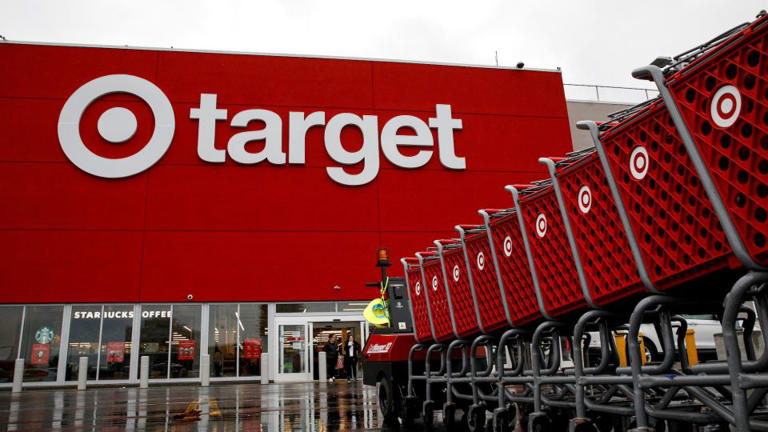Target’s decision to cease accepting personal checks starting July 15 reflects a broader trend in the retail industry towards modernizing payment options and improving operational efficiency at checkout. With personal check usage dwindling to “extremely low volumes,” as Target noted in its statement to CNN, the move is pragmatic from a business perspective. Neil Saunders, a retail analyst at GlobalData, contextualized this decision by pointing out that while predictable given the decline in check usage, there will still be segments of the population, particularly older consumers, who may feel inconvenienced by the change.
Target assured customers that despite discontinuing checks, a variety of alternative payment methods will remain available. These include digital payment solutions like Apple Pay, government assistance programs like SNAP/EBT, popular buy now/pay later services, Target’s proprietary Circle Cards and store card, as well as traditional forms such as cash, credit cards, and debit cards. This ensures that customers have multiple options to pay for their purchases, catering to diverse preferences and needs.
Abrigo’s 2024 report highlighted that while the majority of Americans still write checks, the frequency varies significantly across demographics. Younger generations, including Gen Z and Millennials, surprisingly reported using checks more than their older counterparts from Gen X. Despite these findings, major retailers like Aldi and Whole Foods, under Amazon’s ownership, have already phased out check acceptance, reflecting a broader industry shift towards more efficient and secure payment methods.
Target’s move to discontinue checks aligns with its ongoing efforts to enhance the overall shopping experience. Earlier this year, the retailer implemented measures to streamline self-checkout processes by limiting item quantities and adjusting operational hours. These changes were part of Target’s strategy to combat retail theft and ensure a smoother, more efficient shopping experience for customers across its stores nationwide.
Moreover, in response to earlier reported sales declines, Target took proactive steps by reducing prices on over 5,000 items, including essential household goods. This pricing strategy aimed to attract cost-conscious consumers amidst concerns about inflation and rising living costs.
Overall, while the discontinuation of personal checks at Target marks a significant shift, it underscores the retailer’s commitment to adapt to changing consumer preferences and operational efficiencies in the competitive retail landscape. By focusing on modern payment technologies and enhancing customer service, Target aims to maintain its position as a leader in retail innovation while meeting the evolving needs of its diverse customer base.
